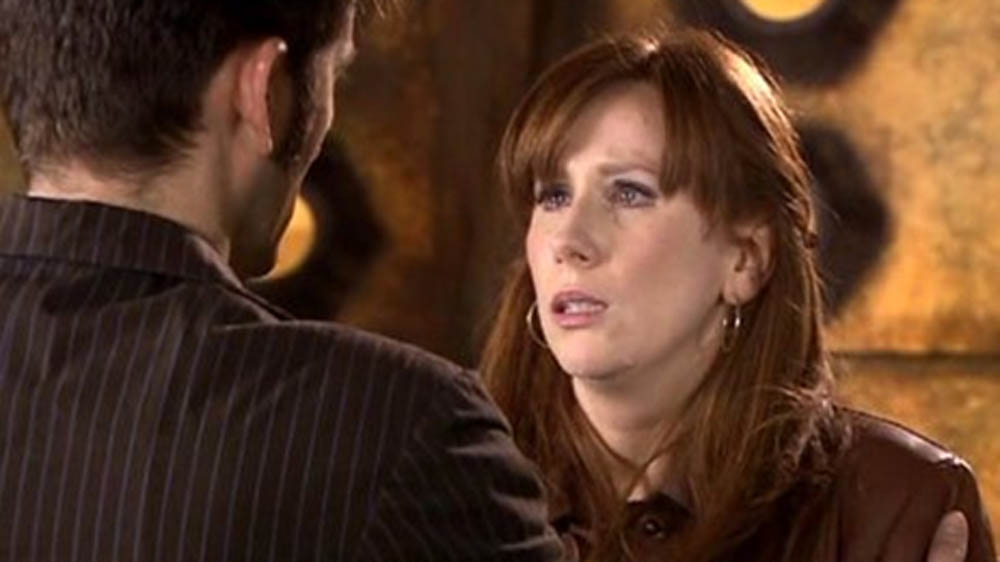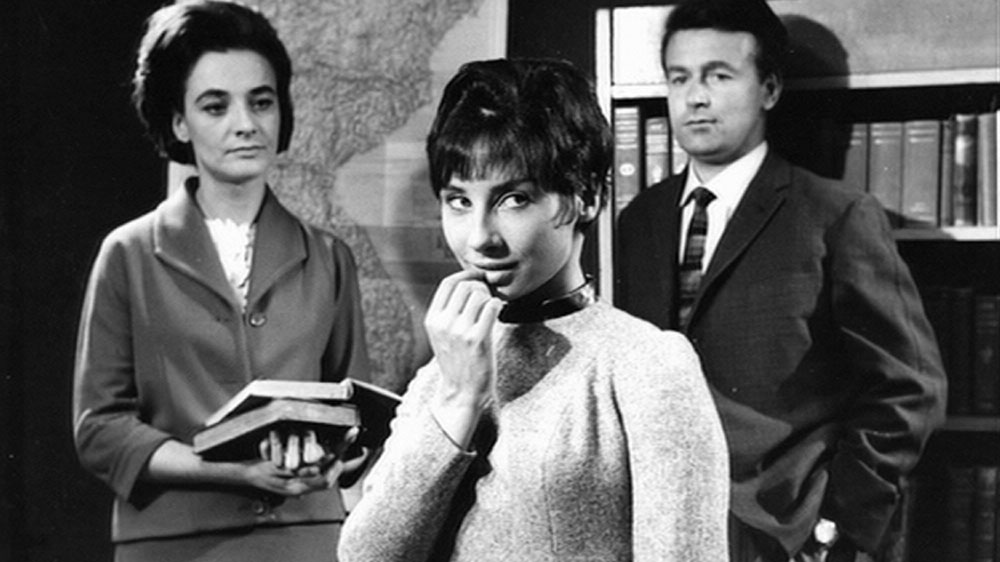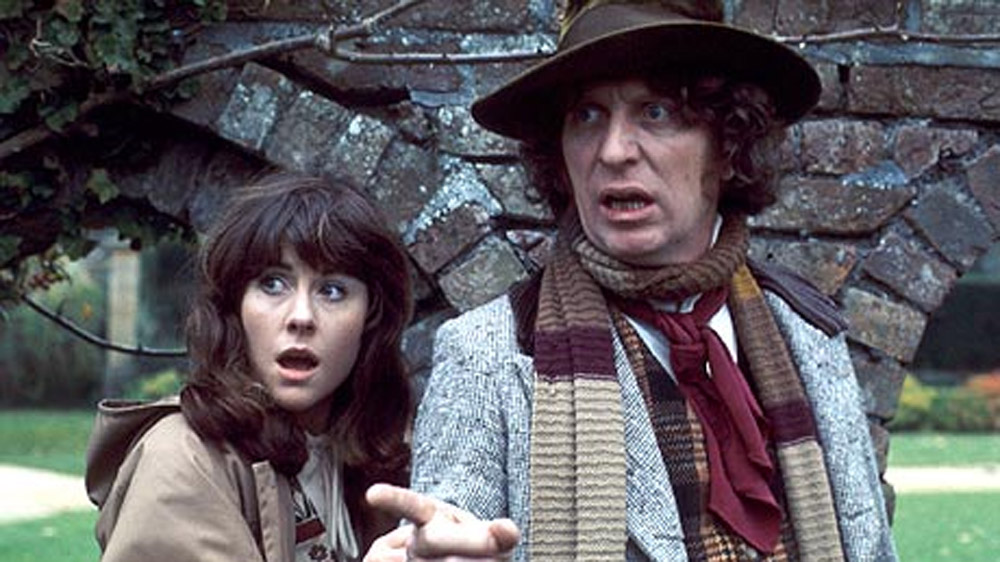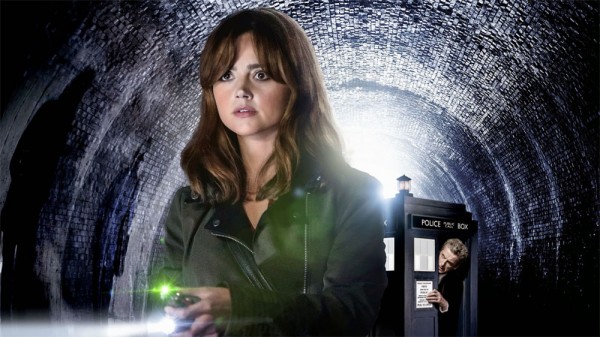But just what is the function of the companion?
It’s hardly, as that too-often repeated cliché goes, to provide exposition, wear short skirts, and scream at things; indeed, it would seem that anyone making this assertion either hasn’t actually seen Doctor Who, or wants to make people think they haven’t. The same goes for anyone who suggests that the companion is interchangeable or generic. Not true.
The companion’s function runs far deeper than exposition, and exists in as many variations as there have been companions, if not more. The companion, at his or her best, experiences a unique character arc from their first appearance to their farewell, as we watch how their experiences allow them to change and grow, for better or worse.

While it’s true that it’s highly useful to a coherently functioning plot that the Doctor has someone both to bounce ideas off of and to explain science and space things to, the companion also serves as the viewer’s entrance into that exciting and bewildering world: as we watch them experience new planets for the first time and run from Daleks, we learn alongside them, and identify with those feelings of fear and wonder.
Thinking back again to ‘An Unearthly Child’, just as there would be no story without the Doctor, had Ian and Barbara not thought to confront their student’s guardian, the Doctor and Susan may well have lived out a quiet life on Totter’s Lane for some years without so much as even the teensiest alien invasion to make things interesting.
So while Doctor Who would not exist as such without the titular Doctor, the companion sits at the very heart of the show, as much an impetus for its existence as the Doctor himself.

There is, of course, a third possibility, and that’s that neither Doctor nor companion can fully claim the title of main character, but that it is something shared between them.
The relationship between Doctor and companion has existed under many guises over the show’s run, some types more than others and some overlapping: grandparent and grandchild, student and teacher, old married couple, best friends, lovers, grudging colleagues, partners in crime, an exasperated babysitter stuck in charge of a gaggle of kids, and so on.
The balance between who garners the most focus may vary from relationship to relationship (and likewise from showrunner to showrunner, depending on their perspective), but it’s often that relationship itself that drives the show and makes it compelling, rather than any one person.

I feel like TARDIS teams are at their best when both or all get to grow together, when Doctor and companions each get a chance to shine, to display their strengths, and support (or grudgingly put up with) each other’s failings.
It’s not always an easy balance to maintain, but when it’s there, it’s a thing of incredible beauty.
Who do you think should be the main character in Doctor Who? Let us know below…

